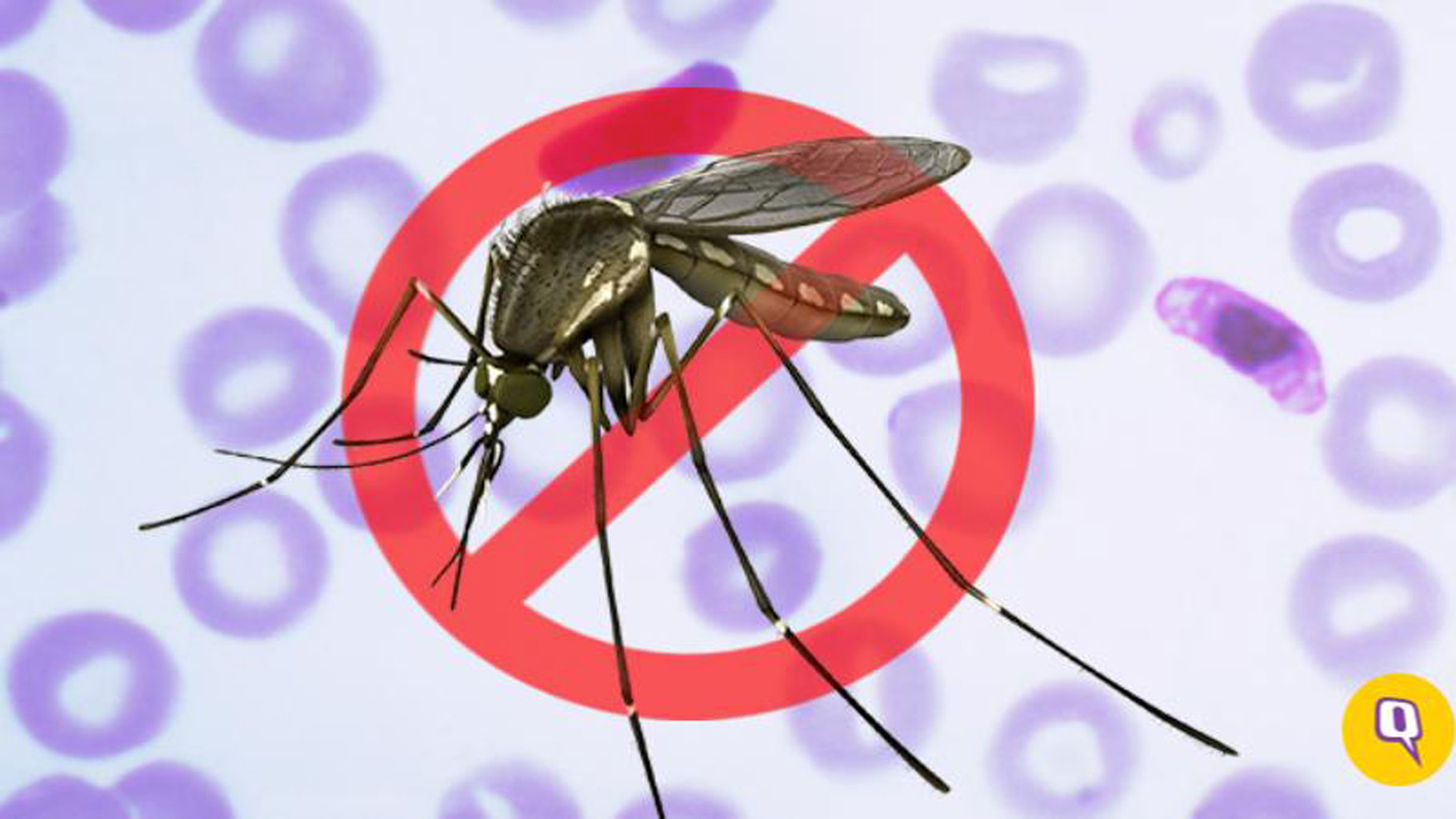Mosquitoes!
You good for nothing buzzy creatures, you totally suck!
Nearly half of the world’s population is at risk of malaria, more than a million people die every year from mosquito borne diseases – the human cost of mosquito bites is so massive that scientists have been itching to find a permanent solution to end these blood sucking, highly annoying, disease-spreading, flying jerks from decades.
And now like a sequel of a bad sci-fi film, scientists have created genetically modified mutant mosquitoes to wipe off the deadly disease forever.
The plan is kinda scary. Scientists will get a bunch of genetically modified mutant mosquitoes and release them in Florida Keys as a test. The plan is that the mutants will kill the resident mosquitoes and thus wipe off the disease!
Sounds too sci-fi to be true? It probably is.
The big questions: If the mutants take over the regular mosquitoes, what kind of an effect will it have on the eco system? What are the new diseases the mutants could carry? Who is to say what will work and what won’t?
Here’s demystifying this complex technique:
Gene Editing To Make Mutant Mosquitoes
The technique CRISPR-Cas9 is controversial but revolutionary. It’s sort of a molecular cut-and-paste that allows scientists to snip out segments of DNA and insert new ones.
California scientists have tweaked the DNA of mosquitoes in such a way, that these mutants will destroy the disease in their own bodies instead of spreading it.
It is expected that the mutants will breed with the other members of their species and produce offsprings that cannot spread the disease.
Now gene-editing is a controversial technique, which has been around for a decade, this time though used with a lot of sophistication. What makes it promising is the probability of survival of genes in subsequent generations. Scientists are optimistic that the mutants can block the spread of malaria in just a single summer.
Monster Mosquitoes?
Just like the plot line of Jurassic Park, what if toying around DNA opened up a Pandora’s Box?
This experiment specifically targets the male mosquitoes by genetically modifying them so their offspring will not live past the larvae stage. Now what if (there is a slim chance) that a few of the females could also sneak through the control process and be released into the wild as well?
What is going to happen when the modified female mosquito takes a bite? The scary bit: no one knows! And what if this modified gene jumps into say, honey bees - what kind of a messed up bee would it create?
And what about the “domino effect” of these lab grown creatures in our environment? There is no way to “recall” these mutant species once they’ve done their job. And surely there’s no place for genetically modified, invasive species in our ecosystem.
Another big problem is with the technique itself. If the genes of mosquitoes can be altered then what’s stopping scientists from manipulating the genes of other species?
What if someone decides to mess up the gene pool and create a designer baby? The scariest thing is, you don’t even have to be a professional scientist to do such an experiment. The raw materials needed to use CRISPR technology are available online at relatively cheap costs and one needs basic biology skills to misuse them.
(At The Quint, we question everything. Play an active role in shaping our journalism by becoming a member today.)
